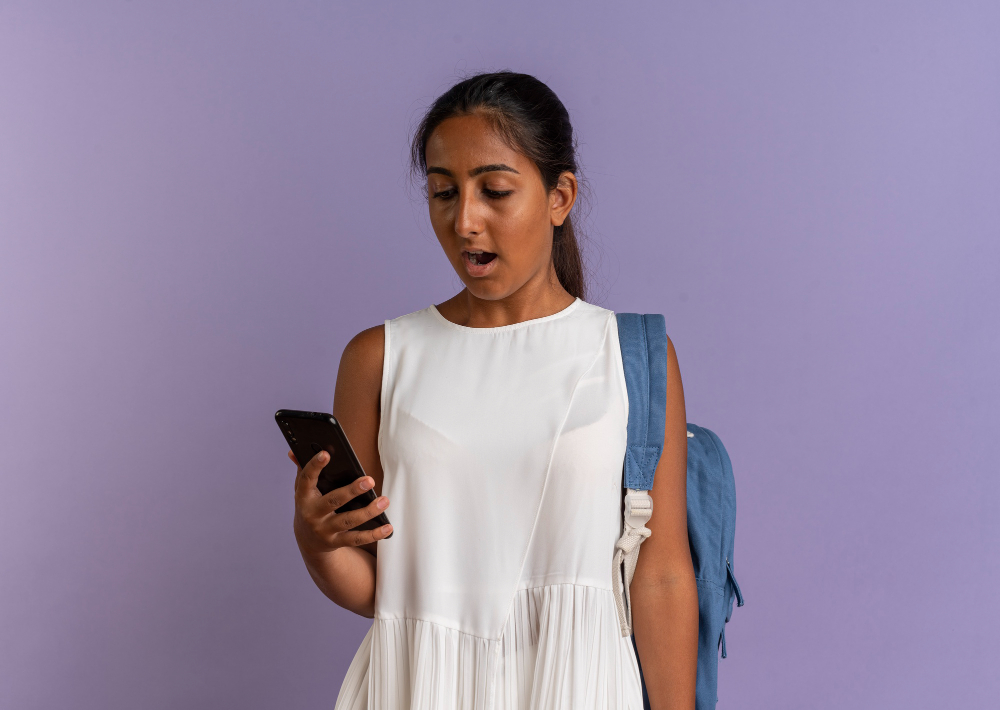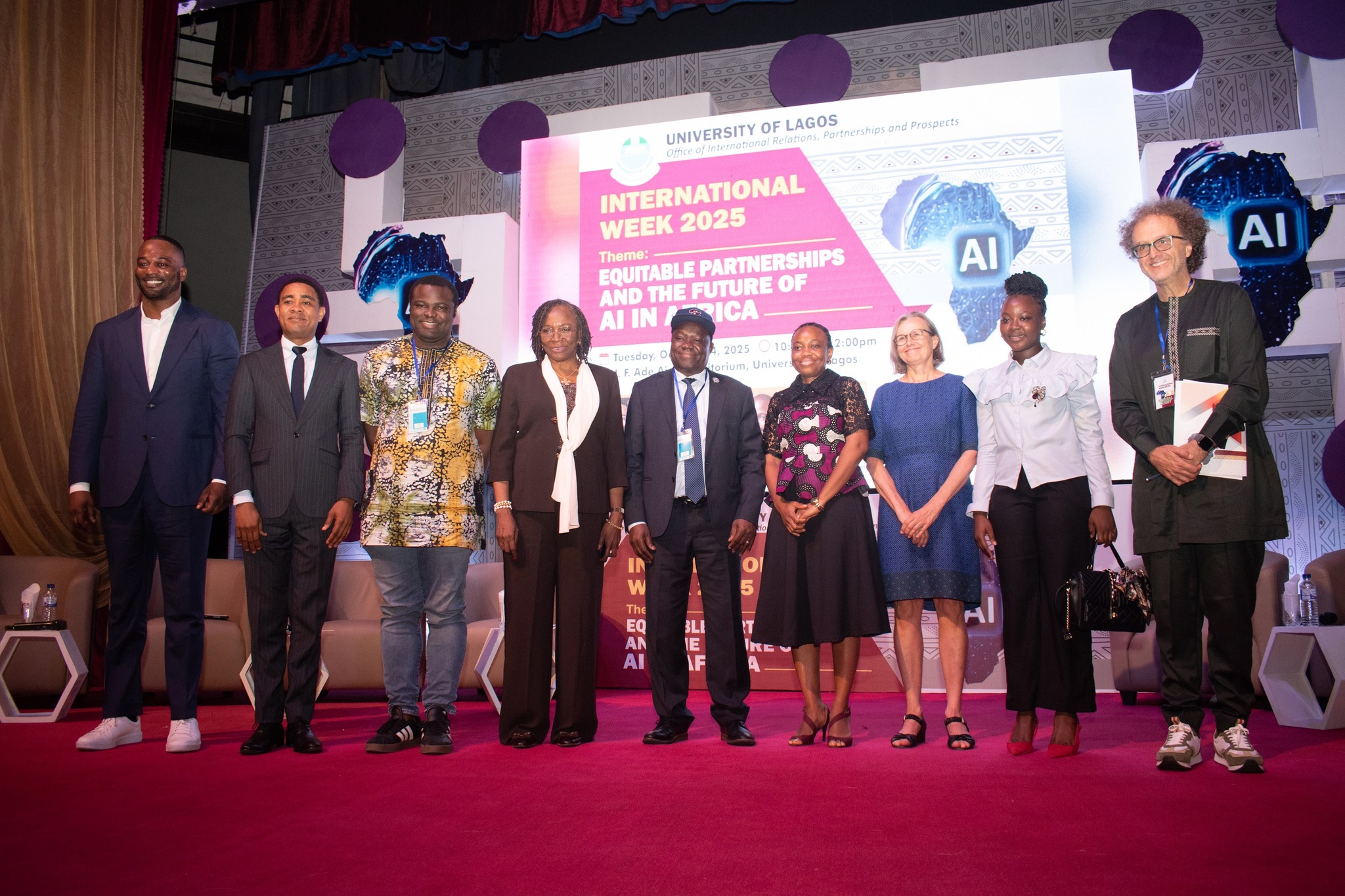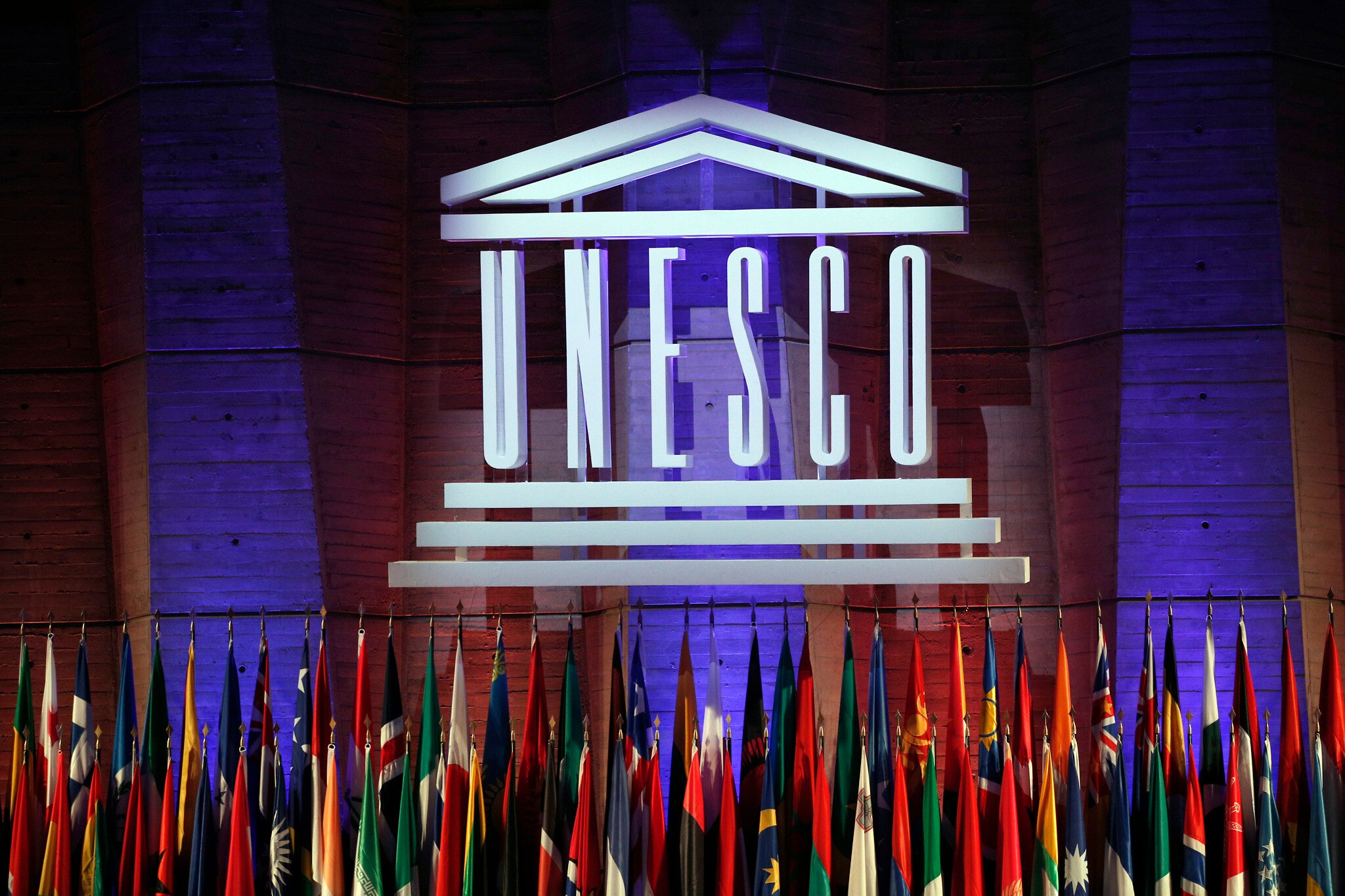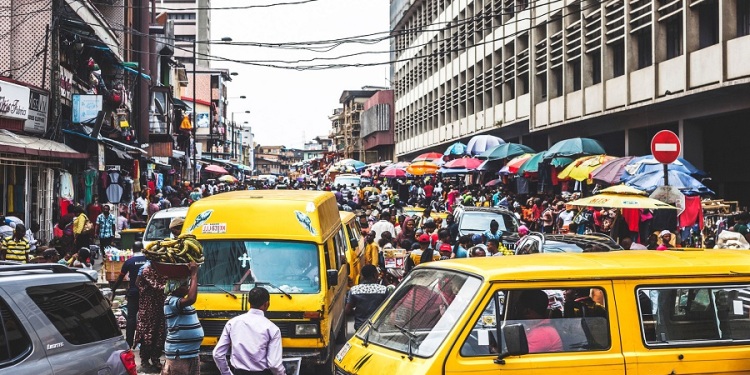When 19-year-old Zinhle first stumbled upon AIMEE, an AI-powered chatbot, she wasn’t looking for a therapist. She just wanted someone — or something — to talk to at 2 a.m. about the anxiety she had been feeling for months. What she didn’t expect was that a chatbot could listen, respond with compassion, and connect her to real help.
In a country where access to mental health services remains painfully limited, AIMEE (short for AI & Me ) is quietly transforming how young South Africans seek emotional support (1).
A Digital Shoulder to Lean On
Audere Africa in partnership with Shout-It-Now have recently launched an astonishing empathetic AI-powered Chatbot, Audere’s HealthPulse AI Counselor (AIMEE) in South Africa.
Targeting young women and girls between 16 to 24years old, this 24/7 confidential companion innovation has been embedded in a WhatsApp chatbot to answer questions about life, relationships, sex, and health, with a major focus on HIV. Many people at risk for or living with HIV experience anxiety, depression, and stigma. This chatbot offers accessible self-care, provide empathetic counseling and digitally guided testing, including encouraging individuals to get tested for HIV and connecting them to the necessary care through a clinician chat (SHOUT Nurse Connect)(2).
This artificial intelligence counsellor is trained to recognize emotional tone and intent, AIMEE listens with empathy. When conversations reveal signs of crisis — such as self-harm, suicidal thoughts, or abuse — the system triggers an escalation protocol, connecting users directly to live nurses or counselors.
Why It Matters
According to the World Health Organization, approximately 150 million people in Africa are dealing with mental health conditions(3). These mental health conditions are not restricted to individuals in any country or community; they are widespread in Africa. “Transforming mental health services is one of the most pressing public health challenges,” said WHO Director-General Dr Tedros Adhanom Ghebreyesus(4).
For many young people, especially in low-income communities, traditional therapy remains out of reach. Clinics often close after hours, and stigma prevents many from seeking help. AIMEE fills this gap — offering round-the-clock, judgment-free conversations accessible from any mobile device.
Additionally, people with HIV have a higher risk of developing mental health issues than people who are not. This can be attributed to Difficulty in telling others about an HIV diagnosis, stigma and discrimination associated with HIV, Loss of social support and isolation and difficulty in getting mental health services(5).
Since launch, AIMEE has facilitated over 15,000 conversations, with nearly half categorized as “deep, repeat interactions.” About 32% of users return after their first chat, and that figure jumps to 60% among those who received mental health support in their first interaction(1).
The combination of AI-driven empathy and real-world care pathways has proven especially valuable for young women facing stigma or fear of exposure to diseases like HIV. Many report that AIMEE gives them confidence to later engage with in-person services.
The Challenges Ahead
While AIMEE’s impact is undeniable, scaling it across South Africa — and potentially the continent — poses challenges.
Data privacy and ethical concerns remain top priorities as mental health conversations are deeply personal, and maintaining strict confidentiality is essential.
AI sensitivity limits: machines can misunderstand cultural nuance or emotional context, which could lead to inappropriate responses if not properly trained
Sustainability: Maintaining human support teams and system updates requires ongoing funding
A New Chapter in Mental Health
The success of AIMEE underscores a broader truth: technology can be a bridge to empathy, NOT a replacement for it. For thousands of young South Africans, the chatbot has become a digital ally — one that listens when the world feels silent. As Africa continues to blend technology and compassion, AIMEE’s story proves that innovation can also be deeply human.
REFERENCES
1. iAfrica. The AI Chatbot Giving Young South Africans a Safe Space to Talk Mental Health [Internet]. 2025. Available from: https://iafrica.com/the-ai-chatbot-giving-young-south-africans-a-safe-space-to-talk-mental-health/
2. Audere. Empathetic AI-powered counselor supporting sexual health well being [Internet]. 2025. Available from: https://www.auderenow.org/where-we-work/empathetic-ai-counselor
3. WHO. Mental health conditions affect 150 million in Africa amid insufficient care services. 2025; Available from: https://www.afro.who.int/news/mental-health-conditions-affect-150-million-africa-amid-insufficient-care-services
4. United Nations. WHO sounds alarm as mental health conditions soar past one billion worldwide. 2025; Available from: https://news.un.org/en/story/2025/09/1165759
5. NIH. HIV and Mental Health. 2024; Available from: https://hivinfo.nih.gov/understanding-hiv/fact-sheets/hiv-and-mental-health




